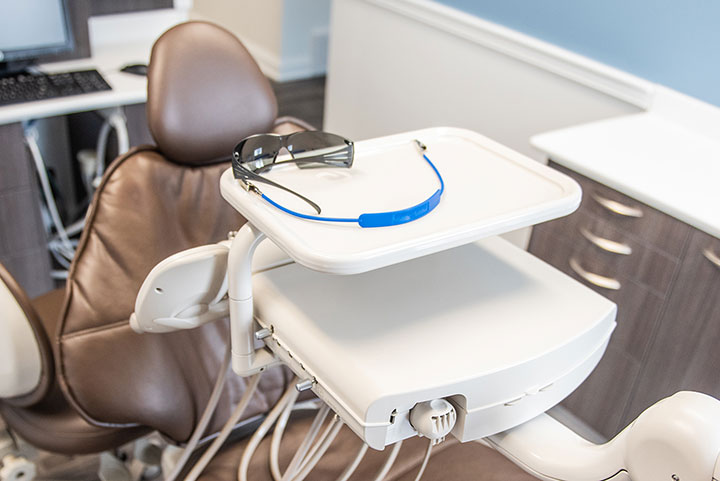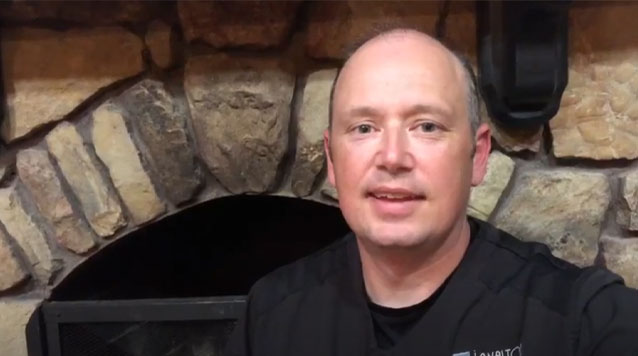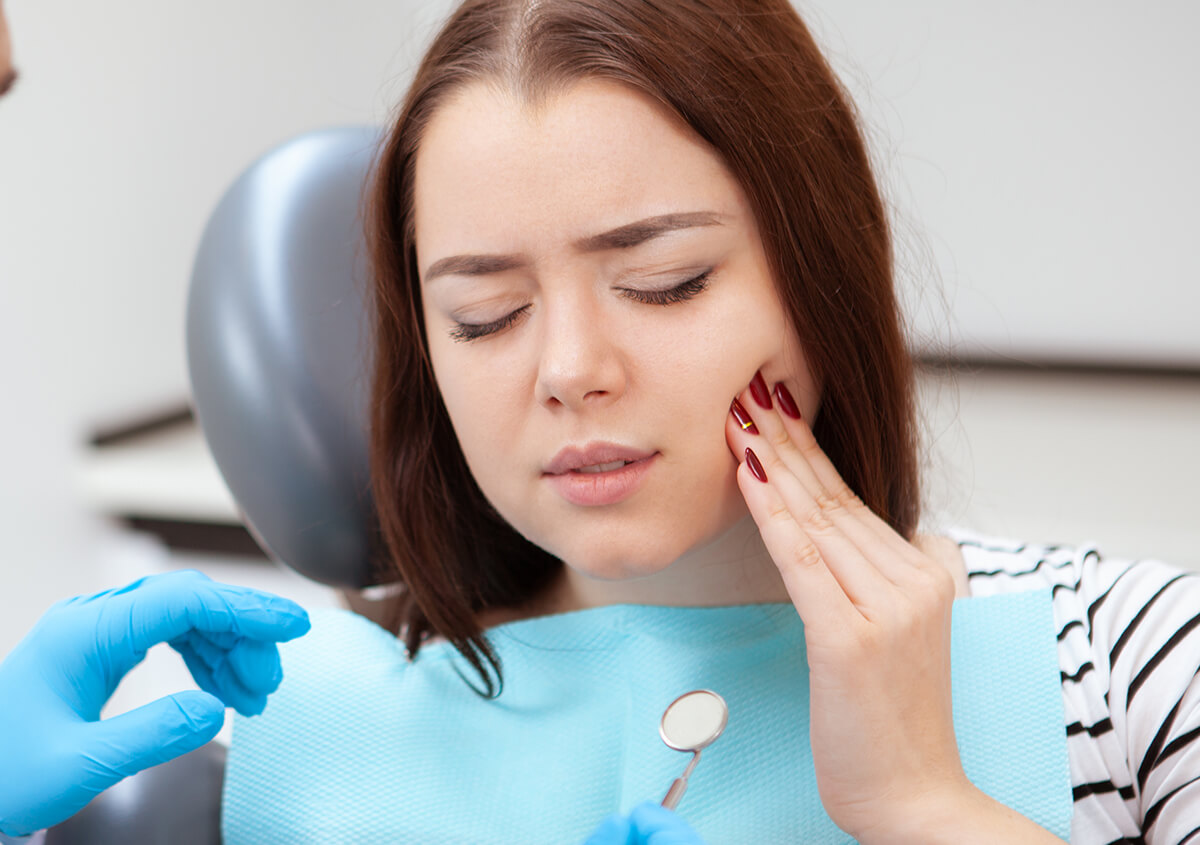Tooth Extractions in Bardstown
There are many reasons a patient might need a tooth extraction. The most common reason for tooth removal is problematic wisdom teeth, though teeth may also need to be extracted to make room for a full arch of implants or dentures, or due to severe damage that cannot be remedied with endodontic treatment. No matter what issues have resulted in the necessity of an extraction, Dr. Walton always offers judgment-free, gentle care.
Do I Need An Extraction?
The best way to determine whether you need a tooth removed is to schedule a consultation. Dr. Walton will thoroughly assess any damage and offer honest advice to repair and restore your smile. Whether your wisdom teeth are erupting, you’ve suffered an oral injury, or your tooth is severely decayed, call us as soon as possible to get the treatment you need.
Problematic Wisdom Teeth
Wisdom teeth (also known as third molars) typically grow in during a patient’s late teens or early twenties. Since all other permanent teeth have grown in by this time, wisdom teeth typically do not have enough space to erupt and grow in properly. This can result in many issues, including overcrowding, excessive pain, and impacted wisdom teeth (teeth that are unable to fully erupt from the gums). If you or your child have wisdom teeth that are coming in, call us today for a consultation to see if an extraction is necessary for your case.
Extracting Damaged Teeth
If your tooth is damaged by decay, an oral injury, or periodontal disease, Dr. Walton will always do his best to save your natural tooth with a restorative treatment like root canal therapy before suggesting an extraction. However, if an extraction is necessary, your procedure will be as comfortable as possible, and we will work with you to develop a treatment plan to replace your missing tooth with a prosthetic that works for you, your needs, and your budget.

The Post-Extraction Healing Process
As soon as you leave our office after your tooth extraction, the healing process will begin. The entire process usually takes between 10-14 days. After your appointment is over, you may still be sedated (if you opt for sedation, you’ll need to arrange a ride home from our office). A gauze pad will be left in place in your mouth after the extraction to absorb blood. You’ll usually leave this in place for 3-4 hours after your appointment. If necessary, you can use clean gauze or cotton balls to absorb more blood after you remove this pad.
You should take things easy for the first 24 hours after your extraction. Take the day off work if you can, and avoid heavy exertion or physical exercise. You should also avoid rinsing, spitting or using a straw for 24 hours to avoid dislodging your blood clot.
Most of the initial pain and discomfort of the extraction should subside within 2-3 days. You may experience some pain and sensitivity, but this should be relatively minor. If you are feeling a lot of discomfort up to a week after your extraction, schedule a follow-up appointment at Walton Family Dentistry, or give us a call to discuss your symptoms.
After about a week, bone and gum tissue will have begun to grow over the extraction site. Your stitches will dissolve or need to be removed if you had non-dissolvable stitches placed. You can usually go back to your normal diet after a week. By about 2 weeks, your mouth should be completely healed. The gum and bone will have grown over the extraction site and no tenderness or discomfort should be felt.
Caring For Your Mouth After Tooth Extractions
There are a few different steps to follow in order to take to care for your mouth after an extraction:
- Avoid spitting, using a straw, or rinsing your mouth for at least 24 hours post-extraction. If your blood clot comes loose, it will cause a painful condition called “dry socket” and interfere with the healing process.
- Take any prescribed medication and use ice packs to help with pain and swelling. Do not use an ice pack for more than 10 minutes at a time to avoid damaging the tissue.
- You can rinse with warm salt water to clean your mouth after 24 hours and begin brushing your teeth again. Be very gentle around the extraction site to prevent damage to the blood clot.
- Eat a diet of primarily soft foods for at least a few days after your procedure. Applesauce, soup, smoothies and pudding are all good options. Hard, sharp foods can hurt your mouth and could dislodge your blood clot.
- As your extraction site heals, you can begin adding other foods to your diet. We recommend waiting at least a week before doing so to ensure the proper healing of the extraction site.
What to expect after your extraction?

This is a reference video for post-operative care instructions following an extraction. You should have received written health care instructions with your care pack, but I wanted to touch base on the most important things. The clot is the most important thing that is gonna allow the extraction site to heal. So we don’t want to do anything that’s gonna create any kind of suction, no straws, no spitting, no swishing, no smoking, for the next two days. You’re fine to eat whatever you can tolerate. However we do recommend softer food just because it’s gonna be more comfortable. If you get food into the hole where the tooth came out, do not
pick at it, do not dig at it, let it come out on its own, or you can do gentle rinsing to try to flush that clean. As far as bleeding goes, you were given some gauze, you want to keep pressure with the gauze for the 30 minute intervals, and you want to check that, probably for the first hour to two hours. By then the majority of the bleeding has usually stopped, but it’s not uncommon for it to ooze for the remainder of the day or into the next day, especially if there were multiple extractions, or if you were taking any kind of blood thinning medications prior to the extractions. If you have any other questions or concerns, please reach out to our office at 502 350 1151. Thanks.

